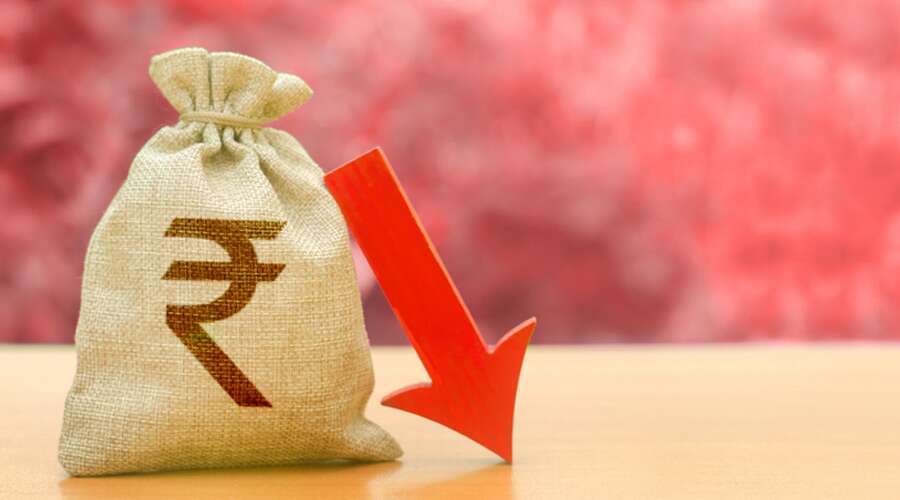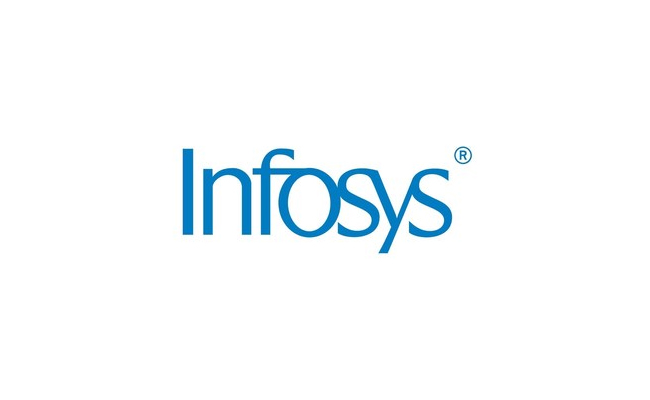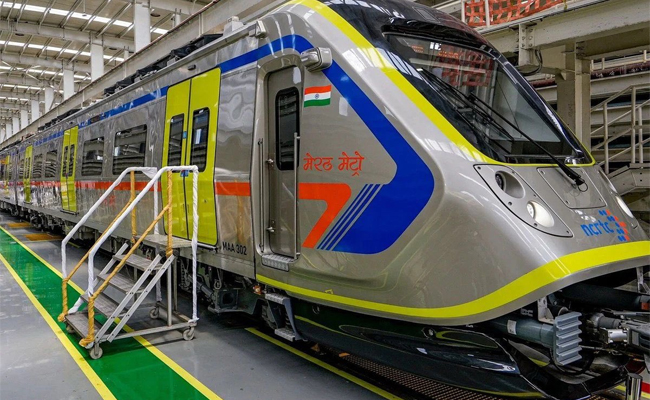Mumbai, Nov 1: The rupee depreciated 9 paise to close at an all-time low of 83.33 (provisional) against the US dollar on Wednesday, tracking a strong greenback against major rivals overseas and unabated foreign capital outflows.
Besides, a negative trend in domestic equities and elevated crude oil prices amid geopolitical uncertainty in the Middle East weighed on investor sentiments, according to forex traders.
At the interbank foreign exchange, the rupee opened at 83.26 against the dollar. During the trading session, it touched an intra-day low of 83.35 and a high of 83.26 against the American currency.
The local unit finally settled at its lifetime low of 83.33 (provisional), lower by 9 paise against its previous close.
On Tuesday, the rupee settled at 83.24 against the American currency.
"We expect the rupee to trade with a slight negative bias on the strong Dollar amid geopolitical uncertainty in the Middle East. Weak tone in domestic markets may also weigh on the rupee.
"Traders may take cues from manufacturing PMI from India and ADP non-farm employment, JOLTS job opening and ISM manufacturing PMI data from the US. Investors may remain cautious ahead of the FOMC meeting tonight. USD/INR spot price is expected to trade in a range of Rs 83-83.60," said Anuj Choudhary - Research Analyst at Sharekhan by BNP Paribas.
Meanwhile, the dollar index, which gauges the greenback's strength against a basket of six currencies, was trading 0.20 per cent higher at 106.87.
Global oil benchmark Brent crude futures advanced 1.34 per cent to USD 86.16 per barrel.
On the domestic equity market front, BSE Sensex was trading 283.60 points or 0.44 per cent lower at 63,591.33, while the broader NSE Nifty declined 90.45 points or 0.47 per cent to 18,989.15.
Forex traders said disappointing macroeconomic data from India and FII outflows further pressurised the rupee.
On the domestic macroeconomic data, the seasonally adjusted S&P Global India Manufacturing Purchasing Managers' Index (PMI) slipped from 57.5 in September to 55.5 in October, the slowest rate of expansion since February.
Foreign institutional investors were net sellers in the capital market on Tuesday as they offloaded shares worth Rs 696.02 crore, according to exchange data.
Let the Truth be known. If you read VB and like VB, please be a VB Supporter and Help us deliver the Truth to one and all.
Indore (PTI): The classmate of a 24-year-old female MBA student, arrested in Indore for her murder, allegedly abused the body after the killing and also performed occult rituals while on the run, police said.
On February 13, people complained of a foul smell emanating from a closed house in the city's Dwarkapuri police station area.
After police arrived at the scene, the naked body of a 24-year-old woman was found in the house.
The woman was pursuing a Master of Business Administration (MBA) degree from a city college and the body was found in her classmate's rented house, Deputy Commissioner of Police (DCP) Shrikrishna Lalchandani told PTI on Monday.
The classmate fled after the incident. He was taken into custody in Mumbai and is being interrogated after his arrest, the official said.
Referring to the accused's interrogation, the official said he allegedly strangled his classmate to death and then "abused" the body.
ALSO READ: Student killed, three injured in clash at college in Maharashtra's Latur; 4 held
"The accused also performed witchcraft near Panvel (in Navi Mumbai) while on the run. The accused claims that he was mentally disturbed after the murder and wanted to communicate with the woman's spirit through witchcraft," he said.
According to the DCP, the woman and the accused were in a close relationship.
"The accused suspected that she was talking to other men. Enraged, he killed her and fled," the official said.
After the woman's body was found, her father accused the classmate of trying to extort money from his daughter using her obscene photos and then torturing her to death.
The accused had even posted these photos on her college WhatsApp group, he alleged.





